Home buyers weary of Greater Boston prices are slipping south to Rhode Island
‘Now we’re seeing people who are moving here and commuting up to Boston like it was a suburb.’
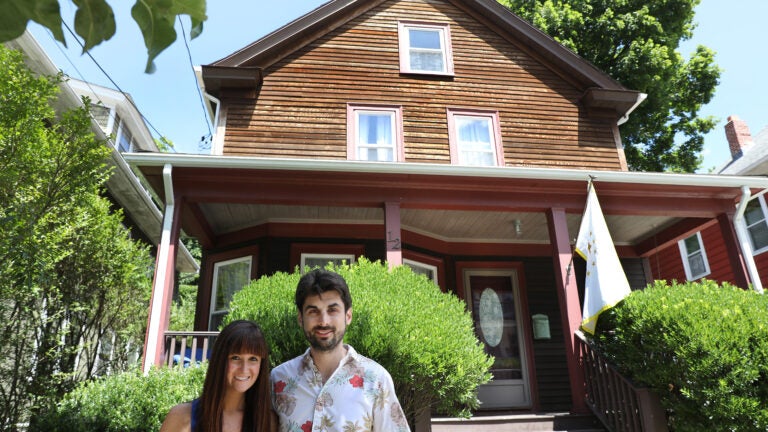
Bostonians have been fleeing to Rhode Island since at least 1636, when exiled minister Roger Williams founded Providence. But while Williams was chased out of Massachusetts for his “new and dangerous opinions’’ (such as separating church and state), it’s scandalously high housing prices that are sending Bay Staters over the border nearly 400 years later.
“Last year, probably 25 to 30 percent of our business was from people priced out of Boston and surrounding communities,’’ said Ben Scungio, an agent and office manager with Mott & Chace Sotheby’s International Realty in Providence.
“It has changed dramatically in the last 12 months,’’ said Sally Lapides, president of Residential Properties in Providence. “It used to be that we only saw two-briefcase families who had jobs in both cities,’’ she explained, with couples split between Boston and Providence often choosing the latter as a home base because of its less expensive housing, lack of traffic, and arts and culture. “Now we’re seeing people who are moving here and commuting up to Boston like it was a suburb,’’ Lapides said.
Bargain-hunting city lovers priced out of Boston and Cambridge can skip right over all the strip mall-strewn exurbs to find affordable urban refuge in Providence, a small but vibrant city where they can walk to acclaimed restaurants and theater and commute to Boston by train. “People want community, and they want to have a good time, especially millennials,’’ Scungio said. And Providence delivers those goods at a hefty discount. “The price differential is dramatic,’’ Lapides said. “If you’re young and looking for your first home, it is pretty hard to get your foot in the door in Boston.’’
Kelly Del Gaudio and her fiance, Drew Rotker, are a perfect example. The couple was renting in Charlestown when they started their home search, and would have bought there if they could have afforded it. “We love cities, so we knew if we wanted to buy it would have to be in the city,’’ Del Gaudio said.
With nothing in Charlestown near their price range, they looked in Dorchester, East Boston, and Chelsea, eventually making an offer on a Dorchester condo at $45,000 over the asking price. “[But we] were beat out immediately by a bunch of other offers that were ‘significantly higher than ours,’ ’’ Del Gaudio said. After a few months of disappointments, they turned to Providence.
Del Gaudio was born in Rhode Island, but the decision was more difficult for Rotker, who grew up west of Boston. And both were worried about leaving behind a solid network of friends. But after striking out twice (Providence may be less expensive, but it’s still a competitive market), they landed a home in Hope Village, on Providence’s East Side. “We have a three-bedroom house with a driveway — which we were thrilled about — a yard for our Yorkie mix, and a garage,’’ Del Gaudio said, a combo that would have cost twice as much in a comparable Boston neighborhood, she added.

What’s more, Del Gaudio said, they’ve been more active in their new hometown and have managed to make local friends quickly. “The combination of Brown University, Rhode Island School of Design, and Johnson & Wales University’s culinary school gives Providence this amazingly weird academic-artsy-foodie culture that I’ve yet to experience in any other city,’’ Del Gaudio said. The many free festivals, art installations, music, and craft breweries in town “make it hard to be bored,’’ she added, “and the food scene makes it hard to not eat out every night.’’
That artistic energy and easy sense of community also has impressed Jason Cahill, who moved from Boston to Providence with his husband, Vlad Dziak, in January. After feeling somewhat disconnected while renting in Boston, “we felt like we had friends the minute we got here,’’ Cahill said. “There’s a lot of energy in the town and areas surrounding it, just like you have in Boston, but it’s on a scale that’s more manageable,’’ he added.
Cahill and his husband had been house hunting in Boston last year when, frustrated with the prices, they took a scouting trip to Providence. “We came here, spent a few days looking, and we were like, ‘Wait a minute, a studio would cost us half a million in Boston, and we could get a four-bedroom in Providence for that amount?’ ’’ Cahill said. They eventually paid $459,000 for a gut-remodeled four-bedroom, 3.5-bath, 1914 town home on the East Side “that would probably cost at least $2 million in Boston,’’ he said.
Scungio said downtown and the East Side are popular with Boston-area ex-pats. With its universities, small shops, historic homes, and neighborhood feel, the East Side is “like Cambridge for you guys,’’ he said. “And then you have … people who want to be downtown and walk to the train, walk right into the center and go to PPAC [the Providence Performing Arts Center] and see a show, go out to dinner.’’
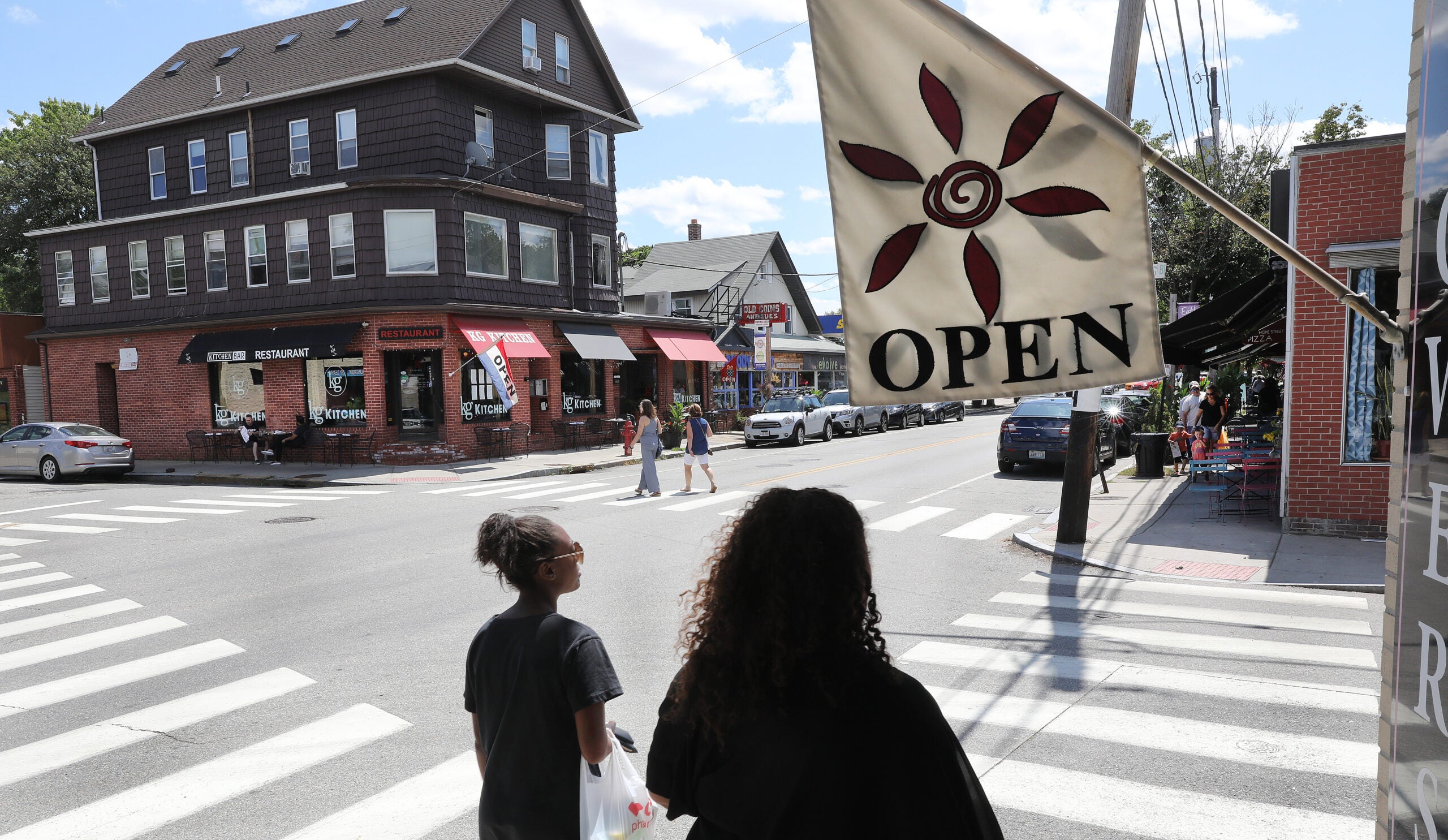
While the East Side can get a little pricey, especially around College Hill, Lapides said, the area around Broadway west of downtown offers beautiful parks, a hip culture, and gorgeous Victorians at a good price. “It’s very different from the East Side,’’ she said, noting that she’s seen more Brooklynites than Bostonians moving there. “You can buy houses for $300,000 to $500,000 and get a magnificent piece of architecture.’’
Another desirable but affordable pocket Lapides pointed to was Edgewood, a waterfront neighborhood popular with medical professionals in neighboring Cranston. “It’s a fabulous area to live in, and it abuts Roger Williams Park, our city park that is gorgeous,’’ she said.
Cahill — who was raised in New York and has lived in Prague, Paris, and Budapest — said he’s found Providence to be culturally inviting, with a top-notch theater scene anchored by Trinity Repertory Company. The couple’s Rhode Island School of Design membership affords access to beautiful museums and an astounding amount of rotating artwork, he added. But Cahill likes that they’re in easy reach of either Boston or New York for bigger shows or exhibitions. “I’m in the middle of what’s best about the Northeast,’’ he said. “We’re not alienated from good art.’’
While Amtrak’s Acela Express can whisk you from Providence to Back Bay Station in as little as 36 minutes, most Boston-bound workers take the commuter rail. The Providence/Stoughton line is by far the busiest route in the MBTA’s commuter rail system, with nearly 26,000 trips every weekday in 2018 — a nearly 20 percent increase in ridership from 2012.
Del Gaudio typically accounts for a pair of those daily trips, making the roughly one-hour journey from Providence to South Station. “But Providence is the first stop, so you always get a seat,’’ she said. Her fiance drives to Canton, a commute that’s proved to be longer in the morning than his former route, but shorter in the evening.
While Cahill now works as a real estate agent in Providence, his husband commutes by train from Attleboro to his office in Boston, which is a two-minute walk from Back Bay Station. “If he had to transfer four other times inside the city, it wouldn’t be such a great fit,’’ Cahill said. “But he can be in Back Bay in 45 minutes, and he’s literally at his office.’’
Commuting logistics aren’t the only thing potential buyers need to consider, though. After a damning report by the John Hopkins Institute for Education Policy described appalling and widespread dysfunction in the city’s public schools, the Providence school system is being placed under state control.
Scungio said that at newer developments like The 903 or Waterplace, schools aren’t that big a factor for many buyers. “A lot of those are more young professionals and people downsizing, so a lot of people living downtown aren’t raising families or putting their kids through school,’’ he said. But some families who can afford it do end up sending their children to private or parochial schools.
Whether a half-price home in Providence remains a bargain even after factoring in the cost of a monthly Zone 8 commuter rail pass (about $300 more than a subway pass) and private school tuition is a calculation buyers will have to work out for themselves. But it’s a tradeoff plenty of Boston-area house hunters have been willing to make. According to migration data from the national brokerage Redfin, more than half of incoming Providence-area home buyers originated from the Boston metro area (defined in this case as Suffolk, Middlesex, Essex, Norfolk, and Plymouth counties) in the first quarter of 2019 — an estimated net shift of more than 1,000 people.
The opportunity to buy and live in a creative, dynamic city — one founded by Roger Williams in a spirit of tolerance — certainly makes Cahill feel as if he and his husband have ended up on the positive side of life’s ledger.
“In the end, it’s all made sense economically and culturally,’’ he said. “Ever since we got here, we really feel part of the community.’’
Median sales price for a condo in June
Greater Boston
$618,450
Rhode Island
$235,000
Boston
$700,000
Providence
$198,450
East Providence
$554,000
East Side/Providence
$315,000
North Providence
$175,750
Cranston
$214,450
Median sales price for a single-family home in June
Greater Boston
$652,555
Rhode Island
$299,500
Boston
$660,000
Providence
$204,400
East Providence
$260,000
East Side/Providence
$599,000
North Providence
$244,900
Cranston
$290,000
Sources: Greater Boston Association of Realtors and Rhode Island Association of Realtors
Jon Gorey blogs about homes at HouseandHammer.com. Send comments to [email protected]. Follow him on Twitter at @jongorey. Subscribe to our free real estate newsletter at pages.email.bostonglobe.com/AddressSignUp.
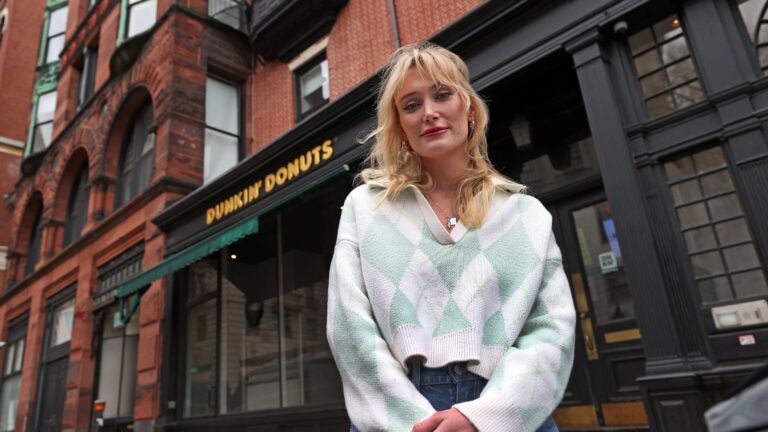

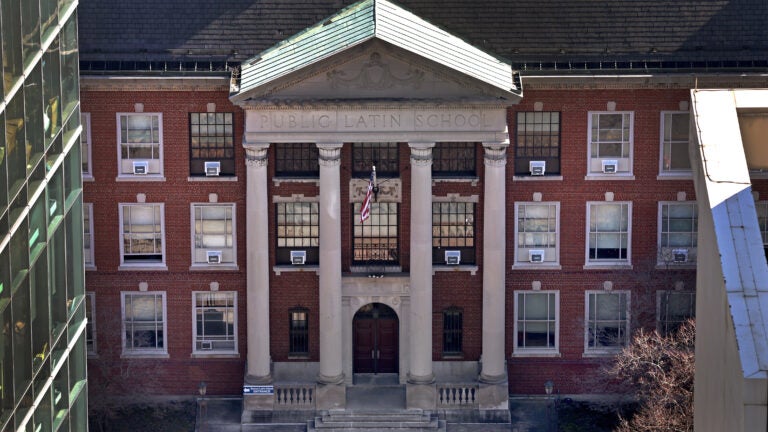


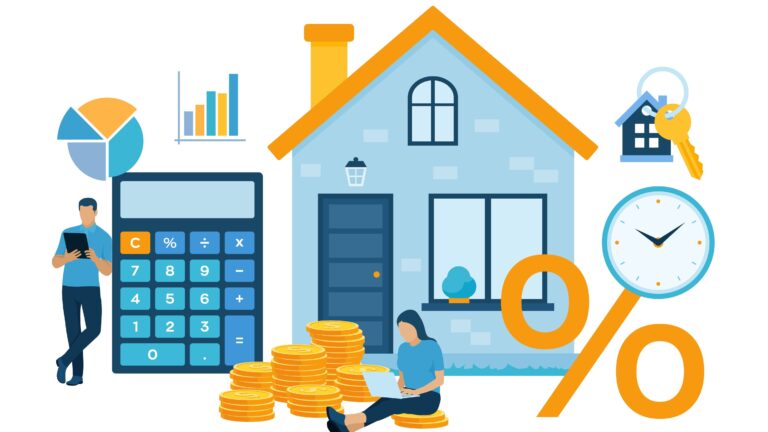

Conversation
This discussion has ended. Please join elsewhere on Boston.com